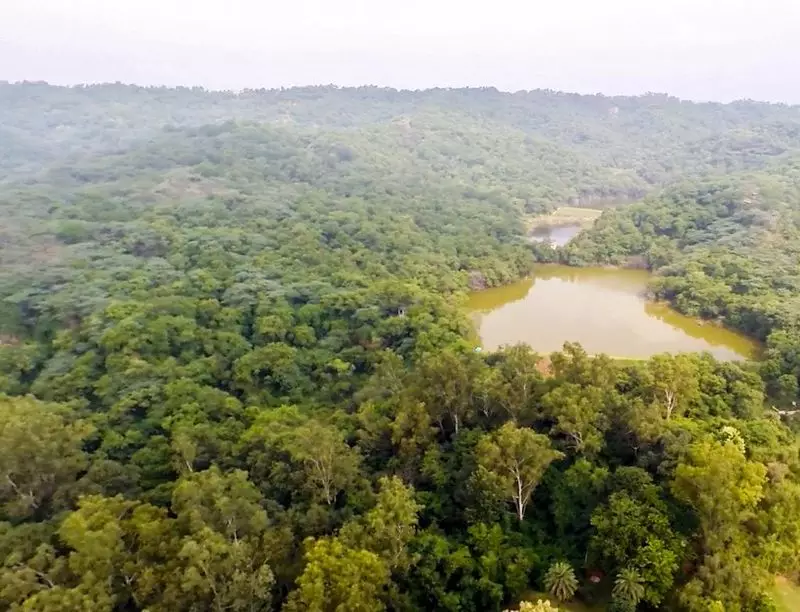
The Punjab government has approved a controversial low-impact housing policy that has immediately drawn strong warnings from environmental experts and forest department officials. The policy, which received cabinet approval, aims to regulate construction activities in the state's forest areas, but conservationists fear it could lead to ecological disasters similar to those witnessed in Himachal Pradesh and Uttarakhand.
The Policy Approval and Its Provisions
During a recent cabinet meeting chaired by Chief Minister Bhagwant Mann, the Punjab government gave its official nod to the low-impact housing policy. This policy specifically targets construction activities in designated forest areas across the state. The approval came after extensive discussions about how to balance development needs with environmental protection.
The policy framework establishes clear guidelines for limited construction in forest zones, aiming to provide housing solutions while attempting to minimize environmental damage. Government officials have described it as a necessary step to address housing needs in specific regions while maintaining some level of ecological consideration.
Foresters Sound Alarm Bells
Even as the policy received cabinet approval, senior forest department officials have raised serious concerns about its potential environmental impact. Multiple forest officers have written to the government warning about possible ecological disasters if the policy is implemented without stricter safeguards.
The warnings specifically point to recent catastrophic events in Himachal Pradesh and Uttarakhand as examples of what could happen in Punjab. Environmental experts note that the fragile ecosystems of forest areas cannot withstand extensive construction activities, no matter how "low-impact" they are claimed to be.
One forest official, speaking on condition of anonymity, stated that "the policy could open floodgates for construction in ecologically sensitive areas that are crucial for maintaining environmental balance." The officials have urged the government to reconsider the policy or implement much stronger protection measures.
Lessons From Himalayan States
The references to Himachal Pradesh and Uttarakhand carry significant weight, given the recent environmental disasters both states have experienced. Massive flooding and landslides in these Himalayan states have been largely attributed to uncontrolled construction, deforestation, and interference with natural water systems.
Environmental activists point out that these disasters serve as stark warnings for Punjab. The destruction of natural forests for development projects has consistently led to soil erosion, disrupted water cycles, and increased vulnerability to natural calamities. The same pattern could emerge in Punjab if forest areas are opened up for construction, even under the "low-impact" label.
Several environmental organizations have joined forest officials in expressing concerns about the long-term consequences of the policy. They argue that once construction is permitted in forest areas, it becomes increasingly difficult to control the scale and impact of development, regardless of initial restrictions.
Balancing Development and Conservation
The Punjab government faces the challenging task of balancing development needs with environmental protection. While housing requirements are genuine and pressing, environmentalists argue that forest areas should remain off-limits to construction entirely.
Alternative solutions proposed by conservationists include focusing on developing already degraded lands, improving urban planning in existing settlements, and promoting vertical construction rather than horizontal expansion into forested areas. They emphasize that preserving existing forests is crucial for maintaining Punjab's ecological health and preventing future disasters.
The controversy highlights the ongoing tension between development objectives and environmental conservation in rapidly growing regions. As the Punjab government moves forward with implementing the low-impact housing policy, it will need to address these serious environmental concerns to avoid repeating the mistakes that led to disasters in neighboring states.





